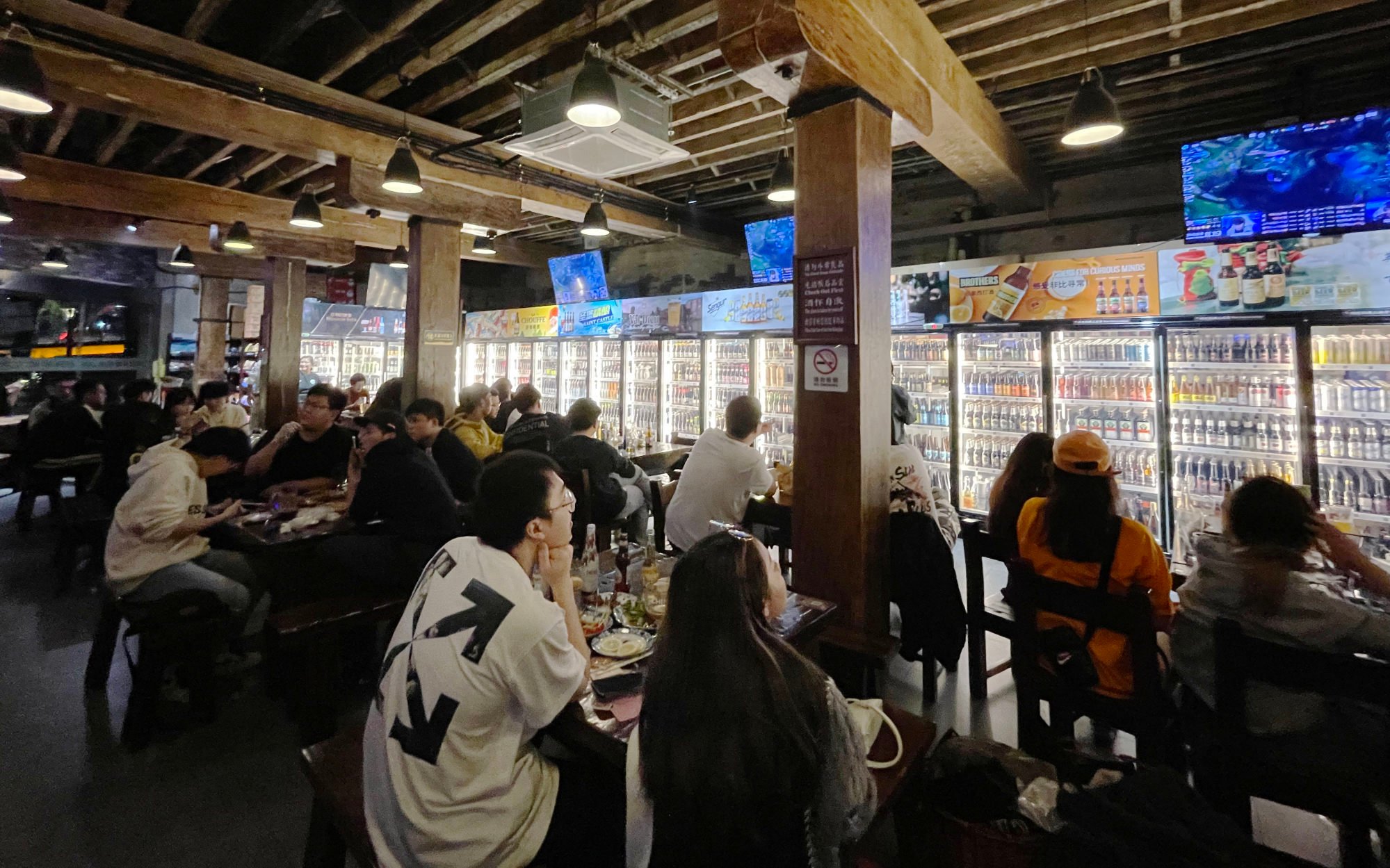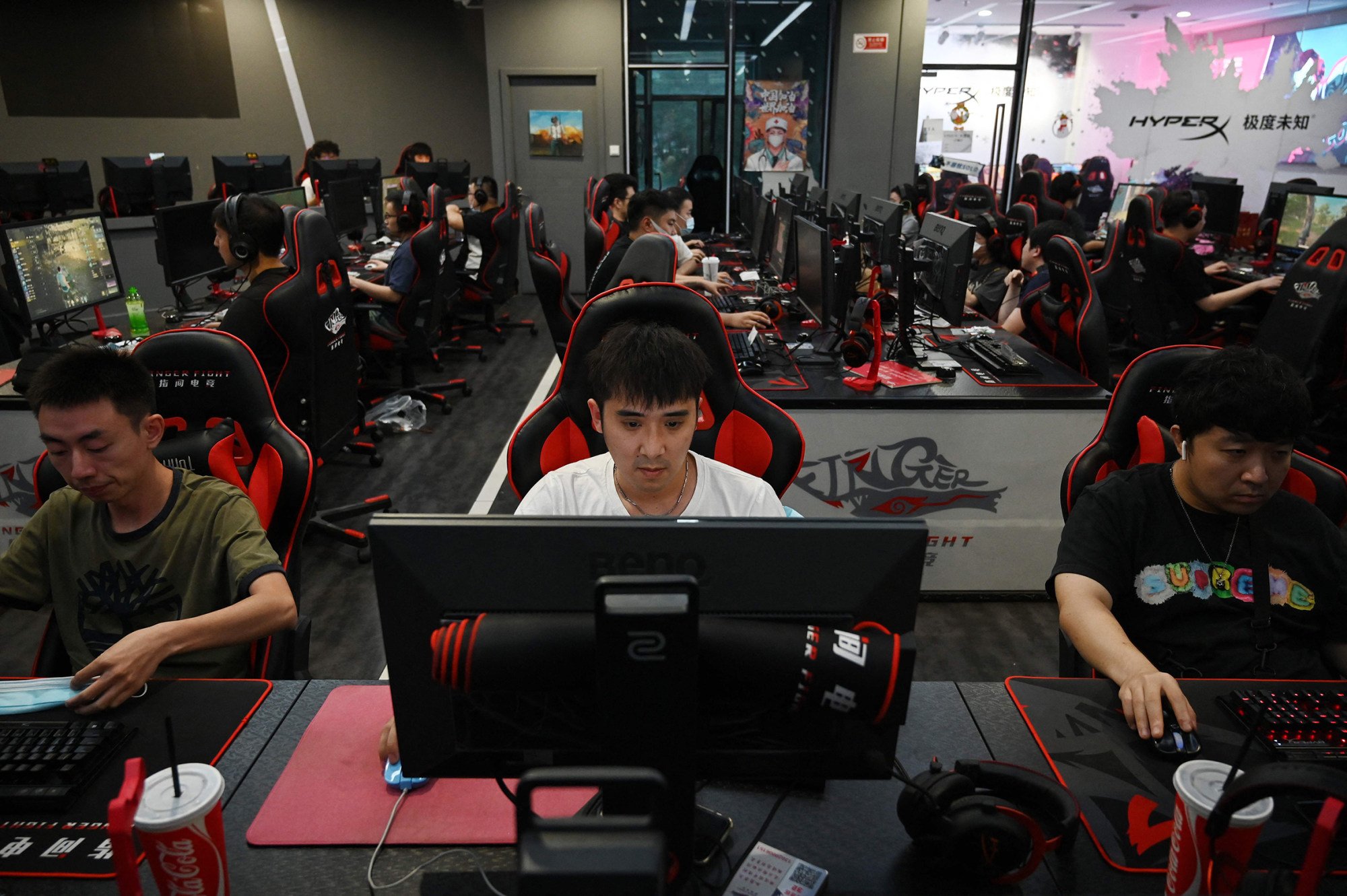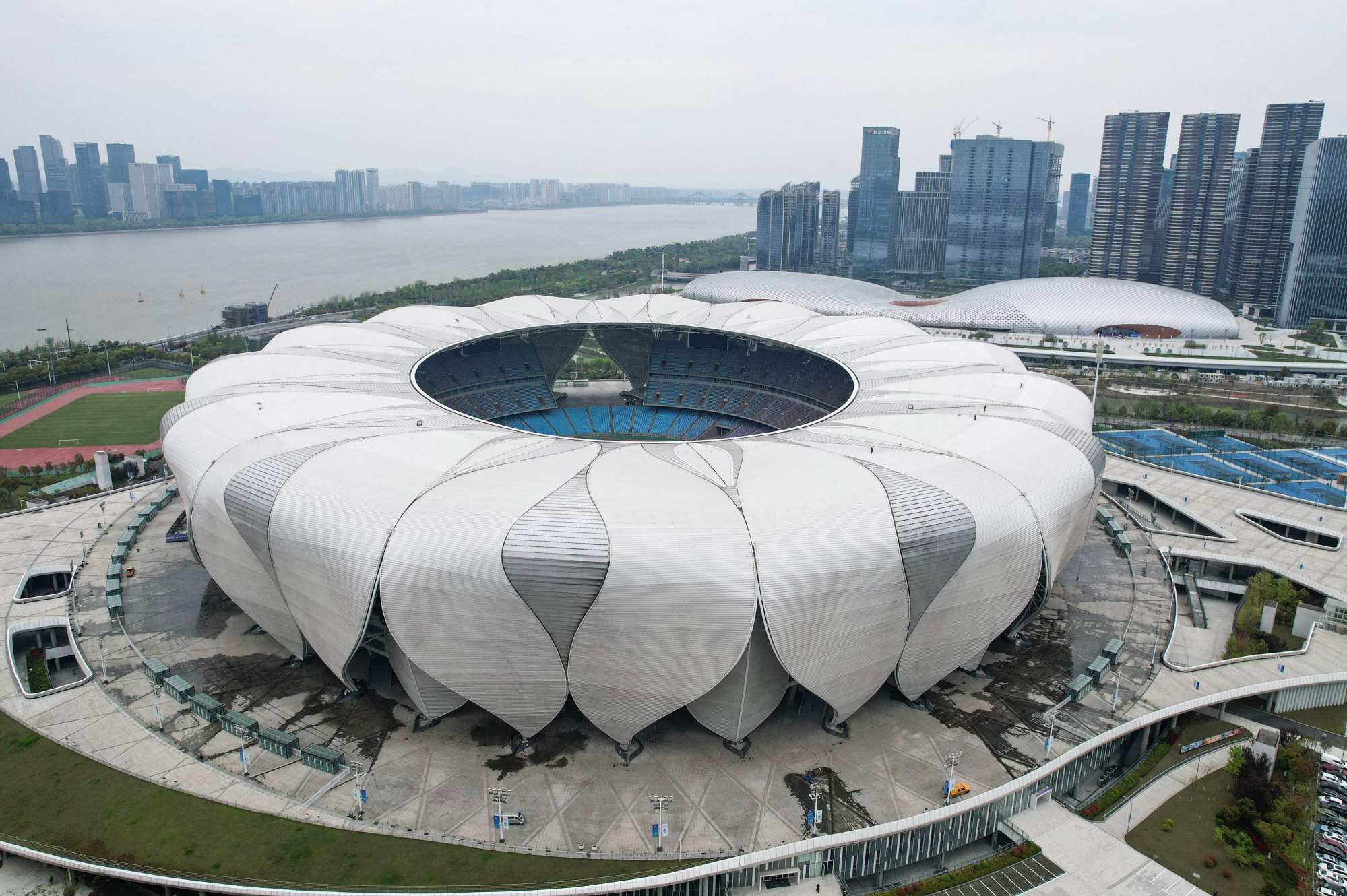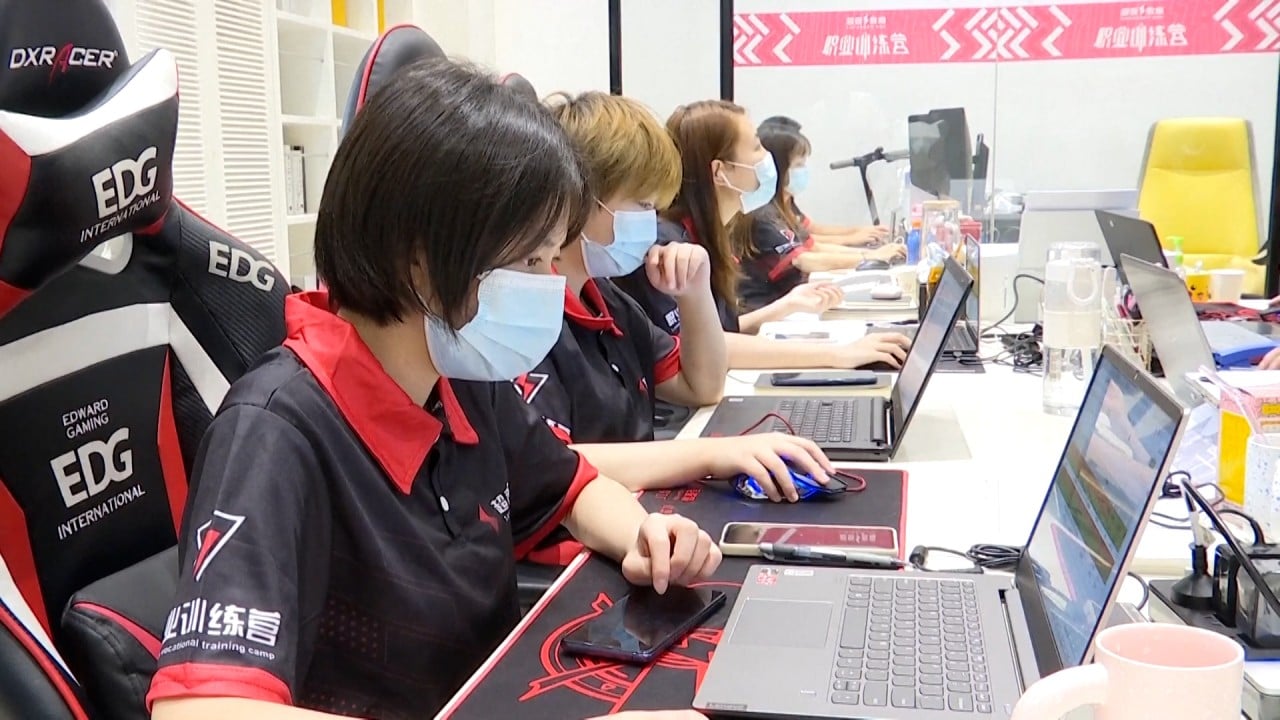
Shenzhen, Shanghai vow support for esports in latest sign of thaw in China’s video gaming crackdown
- Government officials in Shanghai and Shenzhen said they aim to boost the local esports industry, a “new driving force of the digital economy”
- Analysts, however, said more government support is needed to shore up China’s fledgling esports industry, which suffered from a regulatory crackdown
Authorities in Shanghai and Shenzhen are joining forces with China’s semi-official video gaming industry trade body to promote the development of esports, as Beijing winds down its regulatory crackdown on the industry.
The government of Jingan district in central Shanghai signed a deal with the China Audio-Video and Digital Publishing Association to establish an esports industry research institute during a ceremony at an annual domestic esports industry conference held by the group in the southern tech hub of Shenzhen on Friday.
Shenzhen officials said in the same event that the city will introduce more special policies to build itself into an “international capital of esports”.
“Video gaming and esports are becoming a new driving force for the development of the digital economy,” said Zhang Hua, Shenzhen’s vice-mayor. “The Shenzhen government attaches great importance to the development of the industry.”
Last year, revenue in China’s esports sector fell 14 per cent to 144.5 billion yuan (US$21 billion), marking the first decline in five years, mostly due to a broader market downturn and a decline in users’ ability and willingness to pay, according to a recent report published by the Esports Working Committee, an agency set up last year by the Association.

The future of China’s esports sector, which accounted for nearly a third of the global industry’s revenue in 2021, has been clouded by Beijing’s increased scrutiny of video gaming, which includes limiting the online game time for players aged under 18 to three hours a week.
With esports set to become an official medal event at the Asian Games in Hangzhou later this year, however, authorities have laid out plans to boost support for the sport.

In September, the Shenzhen government unveiled an ambitious five-year road map to strengthen the city’s esports industry by encouraging the development of original games designed for esports, and giving support to teams, tournaments and arenas.
Under the plan, esports games developed and launched in Shenzhen can receive up to 2 million yuan in cash rewards and qualify for another 5 million yuan if they are featured by major competitions. Professional teams that have “Shenzhen” in their team names are promised 5 million yuan if they perform well in big contests.
Hangzhou in November pledged 100 million yuan in annual funding to support its local video gaming and esports industry.
“The positive value and influence of esports as a new cultural form has been widely affirmed and accepted by the society,” Sun Shoushan, chairman of the Association, said at Friday’s conference.

Despite the positive signs, more official support is needed to shore up China’s fledgling esports industry, according to Wang Chikun, a researcher at Beijing-based research institute Kandong.
“The entire esports industry is still in the stage of formation,” said Wang. “The industry chain is fragile and requires more support from policies, capital, and social recognition.”
Esports remain a niche hobby among “a small number of players”, and revenue in the industry remains limited at the moment, said Zhang Shule, an analyst at CBJ Think Tank. The upcoming Asian Games, however, could be an opportunity, he added.


